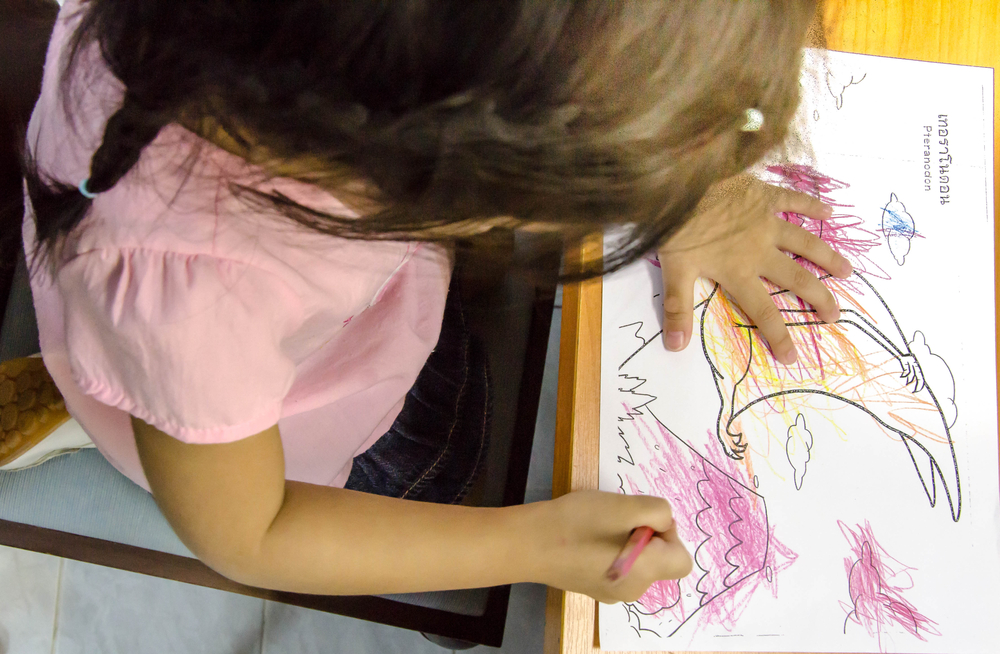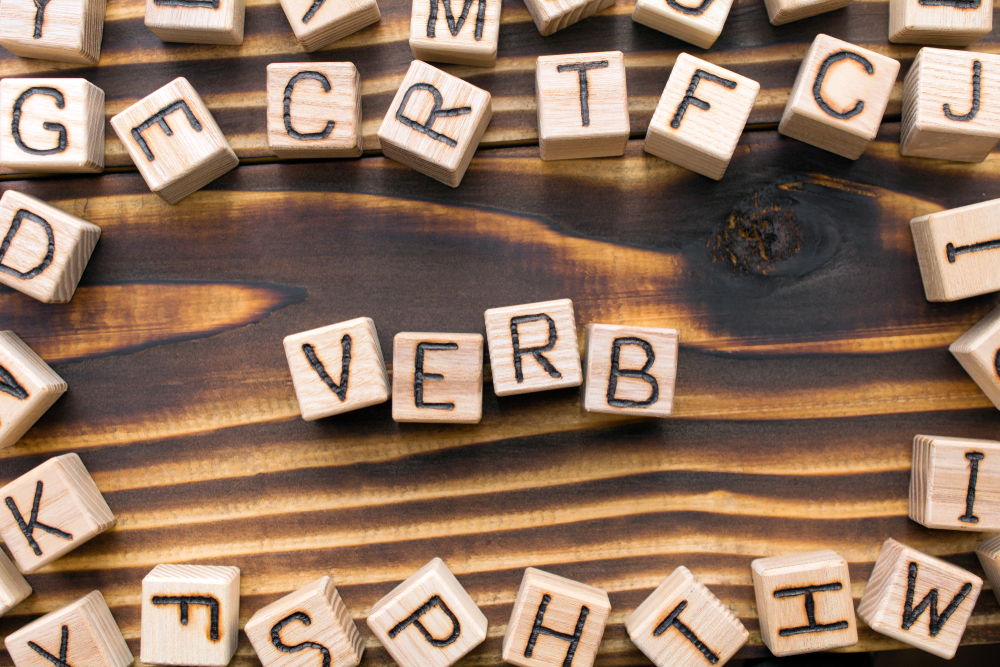Normal Alphabet worksheets activities for Ages 5-8
9 filtered results
-
From - To
Welcome to our engaging Normal Alphabet worksheets designed for children ages 5-8! These interactive activities are perfect for young learners looking to develop their recognition of letters and improve their literacy skills in a fun and enjoyable way. Our selection includes a variety of worksheets featuring colorful illustrations, tracing exercises, and matching games that make learning the alphabet exciting. Kids can practice both uppercase and lowercase letters while reinforcing phonetic sounds and handwriting skills. Ideal for home learning or classroom use, our worksheets aid in building foundational skills that pave the way for successful reading and writing. Start exploring today!


Phonics and Word Recognition: Assessment 1 ELA Worksheet


Phonological Awareness: Assessment 1 Worksheet


Phonics and Word Recognition: Assessment 3 Worksheet


Phonics and Word Recognition: Assessment 2 Worksheet


Phonics and Word Recognition: Assessment 1 Worksheet


Long and Short Vowel Sentences: Assessment Worksheet


Rhyming Words: Assessment Worksheet


Vowel and Consonant Sounds: Assessment Worksheet


Let's Check Long Vowels: Assessment Worksheet
Normal Alphabet activities for ages 5-8 are essential for developing foundational literacy skills in young learners. Engaging with the alphabet is crucial as it forms the basis for reading and writing, both of which are vital for academic success. These activities make the learning process fun and interactive, helping to capture the attention of children while promoting their love for literacy.
Through playful learning experiences, kids can easily memorize letter shapes, sounds, and their corresponding words. Normal Alphabet activities often incorporate games, songs, and creative exercises that cater to various learning styles—visual, auditory, and kinesthetic—allowing all students to thrive.
Additionally, engaging with the alphabet at an early age enhances cognitive development and helps foster critical thinking and reasoning skills. Parents and teachers who prioritize these activities are equipping children with the tools they need to navigate their educational journey successfully.
Moreover, early exposure to such activities helps boost confidence in young learners, setting a positive tone for future learning experiences. By recognizing the importance of Normal Alphabet activities, parents and teachers can ensure that children build strong, lasting literacy skills that will benefit them throughout their lives.

 Assign to My Students
Assign to My Students















